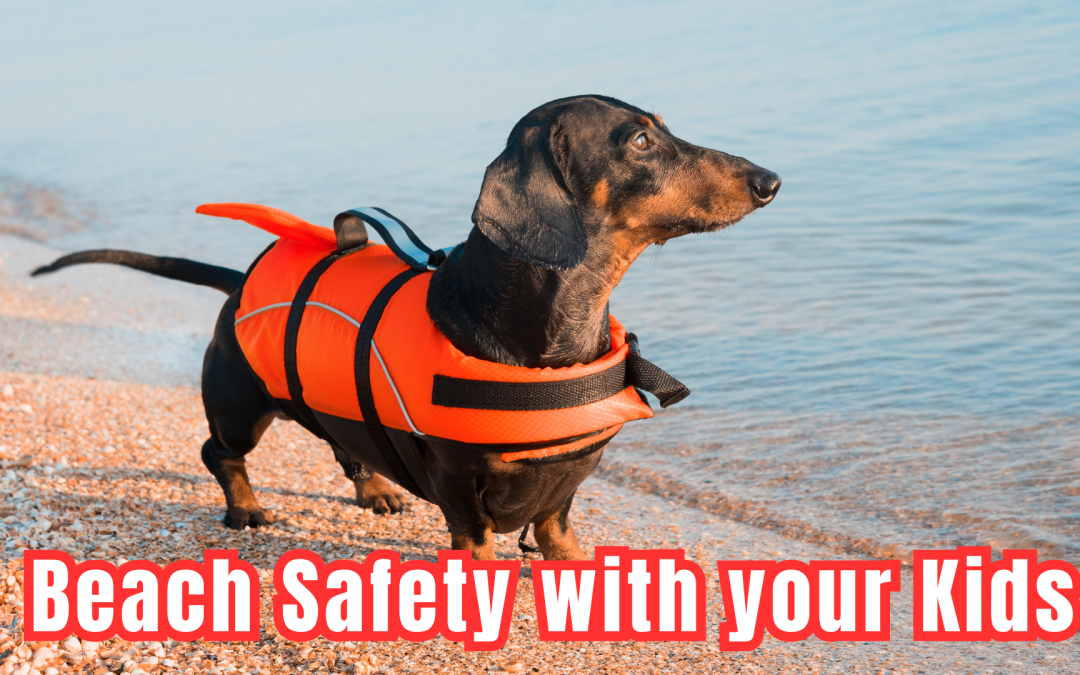Whether you live thirty minutes or thirty hours from a beach, chances are you may be planning a trip to one very soon. And depending on the ages of your children, they can be either very young or older but do not know the basics of beach safety. It is important to make sure everybody understands the rules and how the water works before hitting those waves!
Safety First
Before even stepping your toes onto the sand, make sure you sit down with your children and explain the rules and the beach itself, especially if they have not visited a beach before. Make sure your children understand the difference between a pool and a beach, and that the water goes on for a very long distance. Explain how the waves can carry people and objects away, and that they shouldn’t get too far out, no matter who else is doing it. Quiz them after your explanations to ensure they were paying attention and know what to do in case of an emergency. Being prepared is one thing, but also knowing what to do when that preparedness does not work out so well is also a huge part of beach safety!
Life Jackets!
Of course, you will want everyone to wear a life jacket and use plenty of sunscreen while outside. For very small children, you really only want them in the most shallow part of the water, where they will only be submerged up to their knees. Make sure you are actively supervising children under ten years of age, to ensure they are not getting too deep into the water and that they are being safe overall. For older children and teens, make sure they also know and understand the rules, and wear a life jacket no matter how “uncool” they think they are! It’s up to you how far you want your children and teens to go into the water, and make sure they abide by it at all times, even if you have to call them back throughout the beach visit.
Wave Safety
And despite the fact that you gave your children and teens a run down about the waves, still make sure to watch them while they interact with those first few waves. Hearing you explain it and actually being in the water and getting hit by a wave are two completely different things! If they seem to be struggling staying afloat, have them come back into the shore a little more and try out the next wave.
Katie Kyzivat

